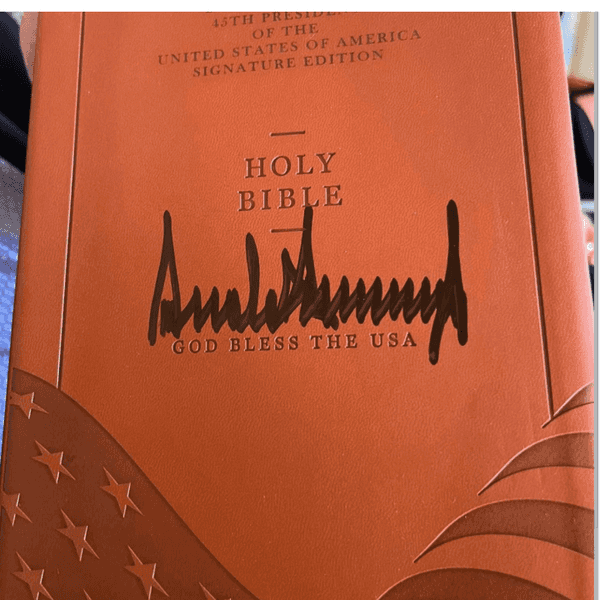Maternal And Infant Mortality Are Highest In 'Pro-Life' Red States

Valuing life is the official reason for abortion bans, but on measure after measure, the states banning abortion show just how little they really value life.
After Mississippi Gov. Tate Reeves claimed that his state’s successful battle to overturn Roe v. Wade was “always about creating a culture of life,” we took a close look at Mississippi: Highest infant mortality rate. Highest homicide rate. Highest firearm mortality rate. Lowest life expectancy at birth.
But it’s not just Mississippi. The New York Times has a look at a range of ways states can support children and mothers, and states that are banning abortion come out worse on just about all of them than do states that are not likely to ban abortion.
Outcomes on which the 24 current or likely abortion ban states are worse than the 20 states unlikely to ban abortion:
- The infant mortality rate in states banning or expected to soon ban abortion is 6.3 per 1,000 births. In states that aren’t going to ban abortion, it’s 4.7 per 1,000.
- The maternal mortality rate in the ban states is 25.2 per 1,000, compared with 15 per 1,000 in states that won’t ban abortion.
- 18.5 percent of children live in poverty in the ban states, compared with 14.8 percent in the no-ban states.
- 15.7 percent of women of reproductive age are uninsured in the ban states, compared with nine percent in the no-ban states.
- It’s 7.2 percent to 3.6 percent for uninsured children—that’s double.
- 8.8 percent of babies in the ban states are born with low birth weights, compared with 7.7 percent in the no-ban states.
- There are 21.2 births per 1,000 females aged 15 to 19 in abortion ban states, compared with 12.1 per 1,000 in no-ban states.
Alongside those outcomes are some striking policy differences: Not one of the states banning abortion has paid family leave. Eleven states that won’t be banning abortion have paid family leave. Every single one of the latter has expanded Medicaid, while just 15 of the 24 abortion ban states have done so. All but one of the no-ban states have minimum wages above the federal level of $7.25 an hour, while just eight of the ban states do. Both groups of states include six that have universal pre-K, though that’s a larger percentage of the no-ban states.
None of the state lawmakers who have pushed through and supported abortion bans can seriously claim that their states’ governance reflects a priority on life. The numbers are clear.
Even if every one of these states had 100 percent insurance rates and the lowest infant mortality and maternal mortality in the world, forcing people to carry pregnancies and give birth against their will would be a moral outrage. But there really should be a rule that anytime a lawmaker is quoted opposing abortion, they should be identified with the infant and maternal mortality rates of their states and with any votes they have made to support or oppose things like expanding health care or establishing paid family leave or reducing child poverty.
Reprinted with permission from Daily Kos.
- States Passing Abortion Bans Have Highest Infant Mortality Rates ›
- Eliminating Racial Disparities in Maternal and Infant Mortality ... ›
- Limiting Abortion Access Contributes to Poor Maternal Health ... ›
- Strictest Abortion States, Weakest Maternal Child Health Outcomes ... ›
- States pushing abortion bans have higher infant mortality rates ›








